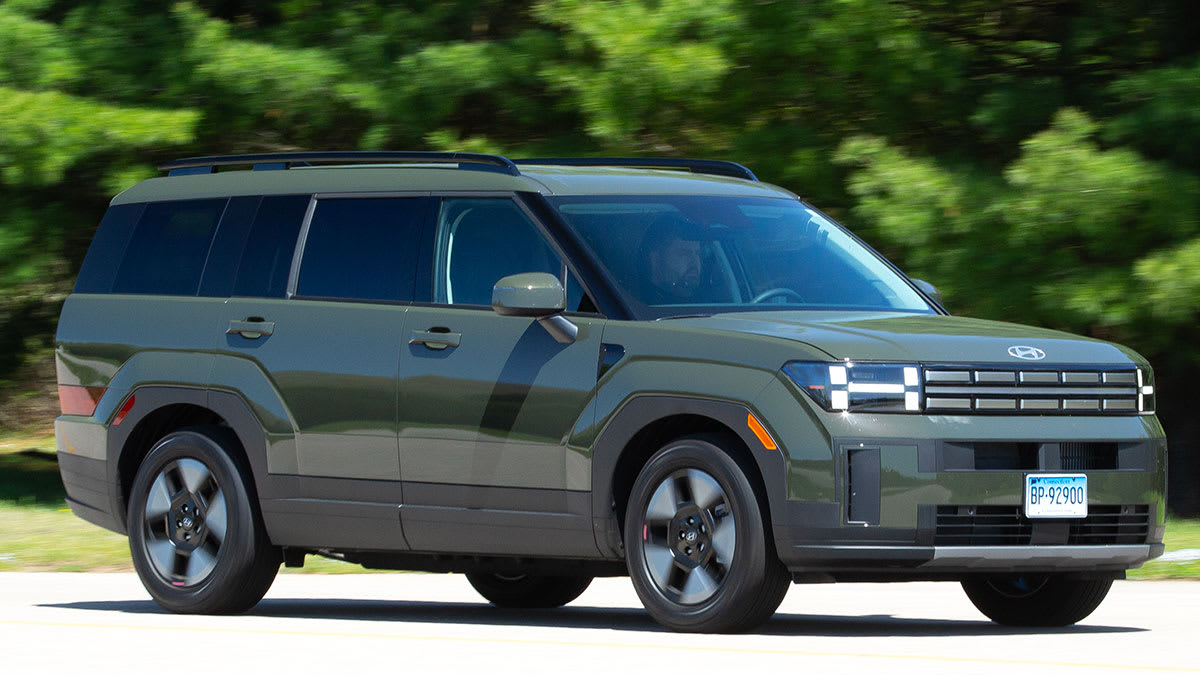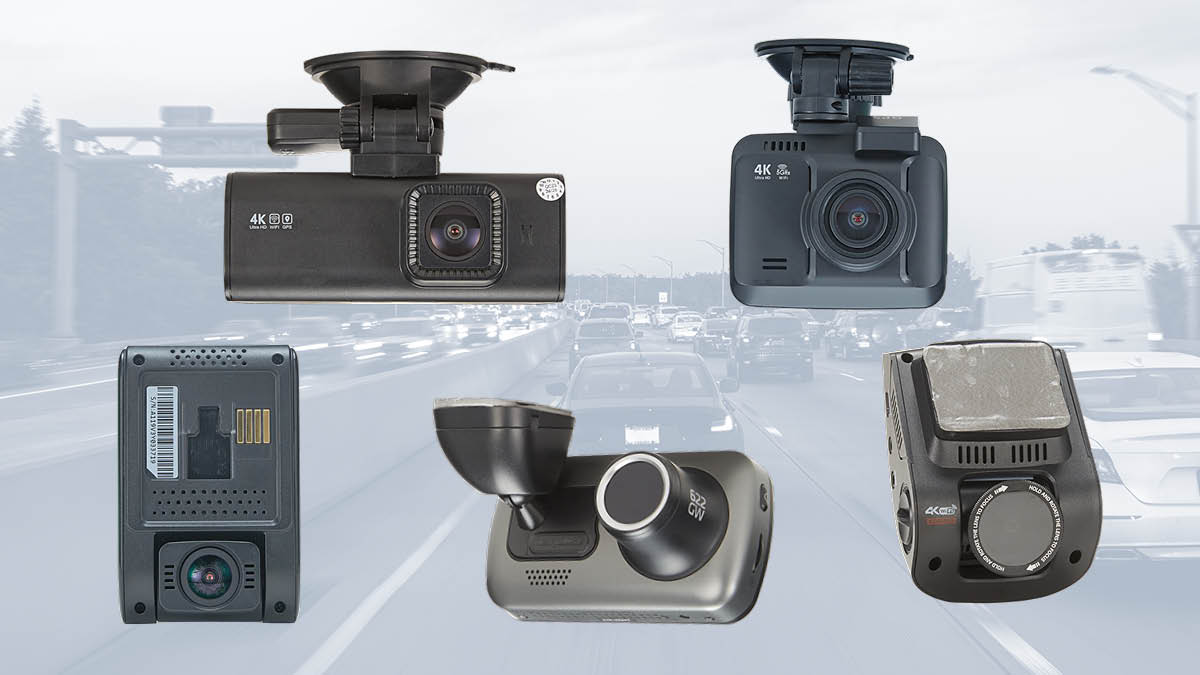
Below, we did the math to help you find the hybrids that will start saving you money the fastest and a few that won’t.
We calculated the payoff time using $3.14-a-gallon regular gas, $3.96-a-gallon premium gas, and 12,000 miles a year. We used CR’s exclusive real-world fuel economy ratings and compared the sticker price for the hybrid with the most comparable non-hybrid version. If gas prices rise or drivers put more miles on their cars, the payback periods will shrink.
In addition, when we evaluate hybrids in our vehicle test program, we frequently find that they are quicker and quieter than the non-hybrid versions of the same vehicles. Many have higher Road Test scores than similar gas-only models.
Our list doesn’t include vehicles that lack a non-hybrid version, such as the Kia Niro, Toyota Camry, Toyota Prius, or Toyota Sienna—but we found that most of these hybrid vehicles will save you money compared with similar non-hybrids. We also left out plug-in hybrids (PHEVs), as they might only save you money depending on how you drive, where you live, and whether you qualify for a federal tax credit. However, we do have an extensive list of the best PHEVs.
You’ll also notice that a few popular models—including the Honda Accord and CR-V Hybrids, the Hyundai Tucson Hybrid, and the Toyota RAV4 Hybrid—aren’t included. The popular versions of these vehicles that we tested have payback periods longer than five years, but they will still save you money depending on how much you drive, how long you keep your vehicle, and which options you choose.
If you’re a CR member, this article and the list below are already available to you. But if you haven’t signed up, click below and become a member to access the list and all our exclusive ratings and reviews for each vehicle we buy and test.









